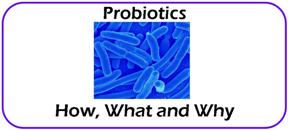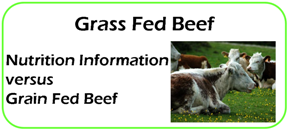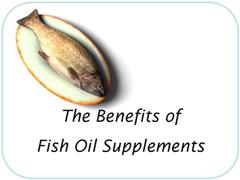|
Good Fat versus Bad Fat: Changing our Definitions.What really causes cardiovascular disease?A review of the scientific literature on so-called "good fat" (monounsaturated and polyunsaturated) versus "bad fat" (saturated) was compared with the advice of the United States' and European advisory committees... ...and the science and the advice are not consistent with one another. This is surprising since those dietary guidelines defined the very notion of good fat and bad fat. Cholesterol and Heart DiseaseFirst, let's review what we know about the association between cholesterol and heart disease. High LDL cholesterol levels, in relation to HDL cholesterol levels, or the total cholesterol in the blood is considered a risk for cardiovascular disease. Shifting the ratio between LDL and HDL cholesterol levels to favor HDL cholesterol seems to be associated with a decreased risk of cardiovascular disease. The ratio of HDL cholesterol to total cholesterol (TC) levels is the best indicator of risk for death from ischemic heart disease. Got it? In a simplistic world: high LDL = bad; high HDL = good; but most importantly, high HDL:TC ratio = good, when we're talking about cardiovascular disease risk. It's important to note that there is not good evidence that cholesterol in the blood is anything more than a marker for susceptibility. That is, we don't know that cholesterol causes cardiovascular disease. And quite honestly, biology is never quite that simple, either. But let's just move on with these basic "medical assumptions" of cardiovascular disease and cholesterol. How Do Fats Contribute?A review of the science behind saturated fats versus monounsaturated and polyunsaturated fats tells us this (there have been hundreds of studies):
Scientists did not conclude that levels of saturated fat intake change cardiovascular disease risk. What Happens When Scientists Replace Saturated Fat with Unsaturated Fat?A review of 27 studies in which scientists systematically replaced bad fat (saturated) for good fat (polyunsaturated or monounsaturated) revealed something alarming... When results were corrected for fish consumption, which we know offers cardioprotective omega-3 fatty acids, there was no difference between the saturated and unsaturated fat groups in cardiovascular disease risk factors or risk of death from cardiovascular disease. Furthermore, replacing saturated fat intake with monounsaturated fat, or carbohydrates increased the risk for cardiovascular events. Other studies showed that people who ate proportionally more saturated fat had no significant difference in risks for stroke, coronary heart disease, or cardiovascular disease as a whole. Scientists did not conclude that levels of saturated fat intake change cardiovascular disease risk. What the Advisory Committees SayThis review provides not only a review of the scientific literature, but also excerpts from the dietary guidelines put forth by the Institute of Medicine (IOM), the US Department of Agriculture (USDA), the US Department of Health and Human Services (USDHHS), and the European Food Safety Authority (EFSA). In many cases, these advisory committees interpreted the scientific literature contradictory to how the researchers themselves interpreted their own data. In some cases, advisory committees omitted entire studies that contradict the "eat less saturated fat" and "polyunsaturated and monounsaturated fat is good fat" premises without explanation. In one instance 11 studies were undermined by one study with contradictory results, with the claim that the one study "put into perspective" the other 11 studies. Again, this is not how scientists interpret the same data. Research excerpts placed next to the policy guidelines are fraught with discrepancy. What We KnowIn all cases, the advisory committees chose to focus on the effects of saturated fat on LDL cholesterol, and the association between LDL cholesterol levels and cardiovascular disease risk. Unfortunately, this is not the most sound logic since LDL levels alone are a poor predictor of cardiovascular disease risk, especially in relation to other measures. In addition, in reviewing the studies which looked specifically at the effects of saturated fat on cardiovascular disease (that is what we're actually interested in, after all), advisory committees seemed to view the data with rose-colored glasses. The committees selectively omitted certain studies without explanation, and interpreted and presented results in a misleading way. In the end, the advisory committees recommend that we consume as little saturated fat as possible, and that we replace saturated fats with polyunsaturated and monounsaturated fats. Scientists consistently find no evidence that decreasing saturated fat intake changes cardiovascular disease risk. And in some cases, replacing saturated fat with monounsaturated fat or carbohydrates increased cardiovascular disease events! Considering the broad effect that these dietary guidelines have on informing consumer decisions and personal health, it is important that they be based in strong science. However, it appears that the guidelines that established the very notion of "good fat" and "bad fat" are weak and/or misleading at best. Now you get to decide which advice to take. How do you define good fat and bad fat? Share with us below... You might also like
Reference Hoenselaar, R. "Saturated fat and cardiovascular disease: the discrepancy between the scientific literature and dietary advice." Nutrition. 2012;28(2):118-23.
Return to
Current Science News
from
Good Fat versus Bad Fat. What really causes cardiovascular disease?
|












